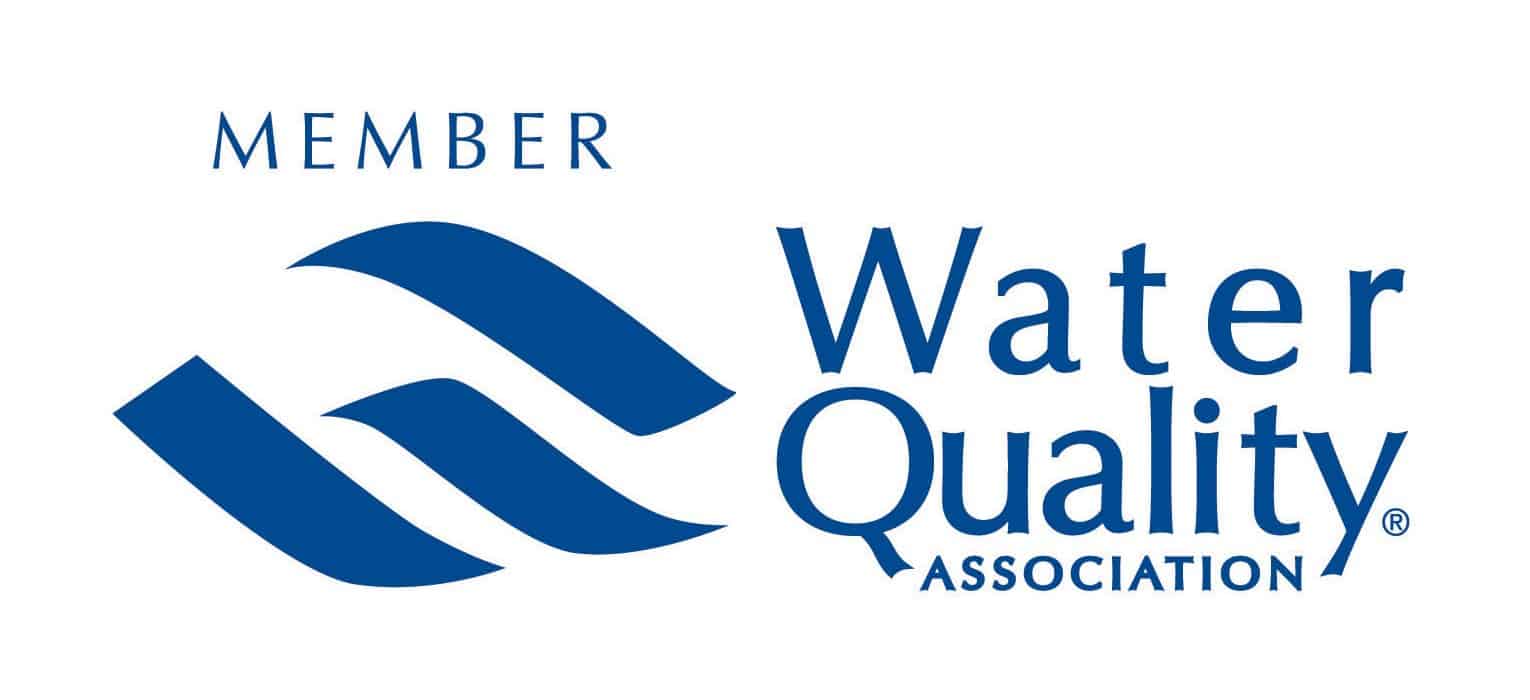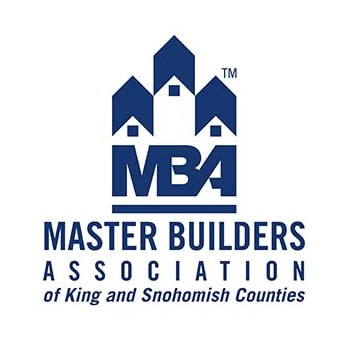Accessing water sources for irrigation involves several steps, including understanding local regulations, obtaining necessary permits, and installing the appropriate infrastructure. Here’s a general guide on how to access water sources for irrigation:
- Identify Water Sources: Determine the potential water sources available in your area, such as rivers, lakes, ponds, groundwater wells, or rainwater collection systems. Consider factors like water availability, quality, and proximity to your fields.
- Check Regulations and Permits: Research local, state, and federal regulations related to water rights and usage. In many areas, you might need permits to withdraw water for irrigation. Contact local water management agencies or agricultural extension offices to understand the requirements and obtain necessary permits.
- Determine Water Needs: Calculate your irrigation water requirements based on the crop type, soil type, climate, and evaporation rates. This will help you understand the volume of water you need to pump or collect.
- Choose Irrigation System: Select an appropriate irrigation system based on your water source and the characteristics of your fields. Different systems include drip irrigation, sprinklers, flood irrigation, and more.
- Design Infrastructure: Based on your chosen irrigation system, design the necessary infrastructure. This may include pipes, pumps, filters, valves, and distribution networks. Ensure the system is efficient and suits the topography of your fields.
- Install Equipment: Install the irrigation equipment and infrastructure according to your design. This might involve drilling a well, setting up a pump, laying pipes, and placing sprinklers or other distribution devices.
- Follow Best Practices: Adhere to recommended installation practices to ensure the longevity and efficiency of your irrigation system. Proper maintenance and regular checks are essential.
- Consider Sustainability: Consider sustainable practices, such as water conservation techniques and using efficient irrigation methods. This is especially important given concerns about water scarcity and environmental impact.
- Monitor and Adjust: Regularly monitor your irrigation system’s performance, water usage, and crop health. Adjust the system as needed to optimize water use and crop production.
- Engage with Experts: Seek advice from local agricultural extension offices, water management experts, and irrigation specialists. They can provide valuable guidance tailored to your specific location and needs.
Remember that accessing water sources for irrigation involves legal and environmental considerations. It’s important to follow all relevant regulations and to be aware of potential impacts on local ecosystems and neighboring water users. Consulting with local experts like us (360) 684-1932 will help ensure that you navigate this process successfully.




